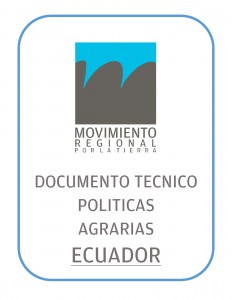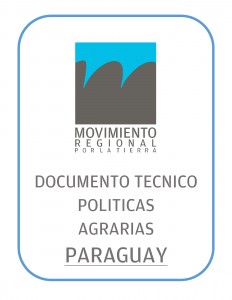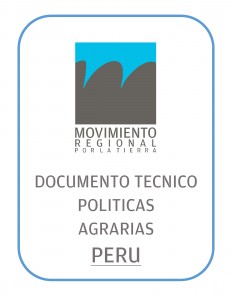Building Farmer Cooperatives In Georgia
Smallholder farmers in Georgia face multiple challenges, including low productivity and poor access to the inputs and capacities that they need. Oxfam and its partners are implementing a programme that aims to increase agricultural productivity and support the competitiveness of smallholder farmers. The project works with smallholder farmers to establish and strengthen business-oriented farmer groups. The project also promotes changes to national policy and legislation, in order to create a more conducive environment for their development.









